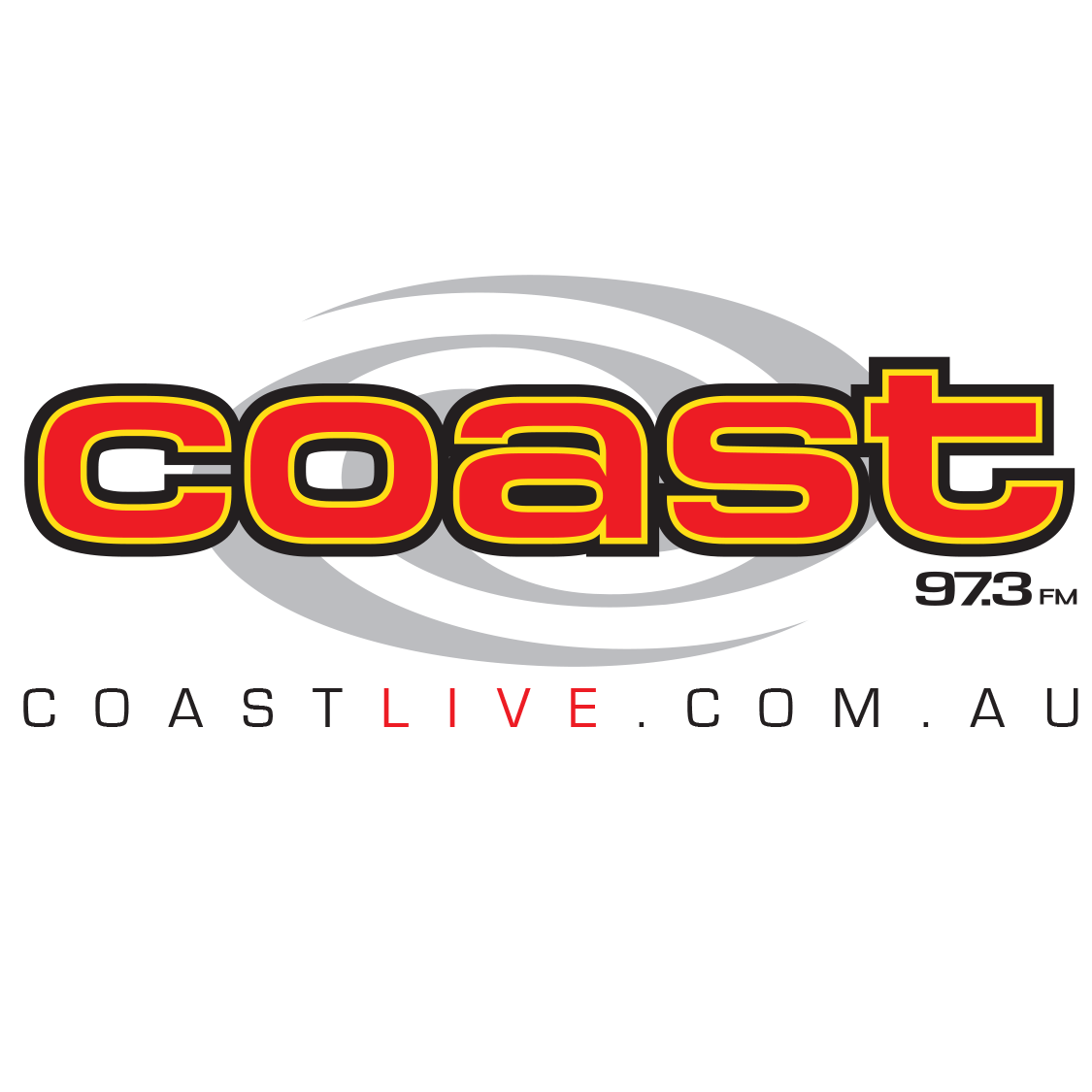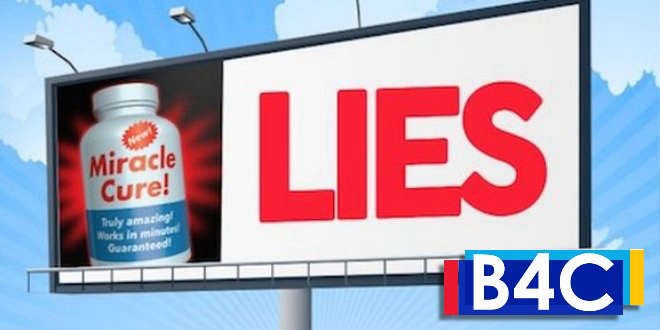Today we are taking a very simplistic view of making claims in your radio commercial...
Most radio commercials, 99.9% of them are perfectly legal, but it's that point one percent that can be controversial, liable, or could at the very least land you in some mighty big legal trouble.
Other ad's are subjective and should be approached on a case by case basis, for example: Can you claim to be the 'best' in town? Have the 'best' steak or service around? Or can you claim to be better than another business in the same industry as you?
Let's have a check on what the law says, and also what we can and can't say.
Australian Consumer Law (from here on - the ACL) says, on the Australian Competition and Consumer Commission website:
Two fundamental rules of advertising and selling are that:
i. You must not engage in conduct that is likely to mislead or deceive
ii. You must not make false or misleading claims or statements.
In practice there is overlap between the two rules. A particular statement could breach both...
It should be noted that this law applies equally to any statements or claims
made about products or services in the online environment.
Businesses that sell or promote online should ensure that their use of online vehicles
does not create any misleading impressions or include false claims.
Related information: False or misleading claims
Legislation: Australian Consumer Law section 29
Of course there are other things such as 'Bait Advertising', "Special Offers", 'Rebates, Gifts, or Redemption', "Cash Back Offers", and other techniques which can be highly questionable. But today we are focusing on a 'claim' that you can make about your product or service in your commercial, NOT the techniques used.
While you CAN claim to be the 'best' in town, or have the 'best' steak or service, etc - we see that as that is an subjective observation about your product or service. It would be preferable that you have some type of evidence for such a claim, such as a review from a customer which says that you are the 'best'.
But... you CANNOT claim to have a better product or service than another business, and name them in your commercial!
By saying 'your competitors' you might be able to get away with it. BUT that's a mighty BIG 'might!'... The ACCC and the ACL might become involved, and lawyers need to be engaged.
Now, the responsibility for claims made in advertising as per the ACL, Schedule 2, Subdivision A of Division 2, Part XI of the Act: “The primary responsibility for ensuring that an advertisement complies with the ACL rests with advertisers. Firstly, because the claims made in an advertisement are made by the advertiser. Secondly, every advertiser knows (or is expected to know) whether the facts support the claims they wish to make in their advertisements.
The ACL provides a defence for the media in relation to misleading advertisements that are published by the media in the ordinary course of business. This defence means that the media will not be liable under the ACL for advertisements that are found to be misleading or deceptive. However, this defence will be invalidated if your station actually knew or had a reason to suspect that an advertisement was likely to be misleading or deceptive but broadcast the advertisement anyway.”
For a full, comprehensive list from the ACCC go HERE.
So what else should you do to avoid any problems?
1. Don't omit, or fail to give key information. While terms and conditions apply is a good catch all, it doesn't cover things like start and end dates for promotions.
2. Make sure pricing you give is clear (for example, not: price does not include booking and delivery fee).
3. Don't exaggerate the capability or performance of your product. It can't save you hours everyday... or can it?
4. Make sure that any qualifications are clear to the listener, eg: by saying XX% off everything in-store, some exclusions do apply - well then, it's not everything then is it?
5. Have evidence available to back up any claims that you make. If you have independent testing that proves what you are saying, then yes, but that testing must be available on your website, or in-store to ANYONE who asks to see it.
6. Be very careful of claims in product names that imply effects or benefits. EG: The Skinny Mini Me Chip has 40% less fat than other products. So I would take from the name that it's a healthy chip that makes me skinny and has less than 40% fat than other chips??? NO?
At our radio station, we actually require any commercial that makes any claim when comparing one product or service to a competitors, to be backed up. You will need to acknowledge that you have evidence to prove your claim is true and correct, and can produce that evidence if required.
NOW: What if you are running a competition and making claims in that - I can find no better example about what you should (or in this case shouldn't say) in the PEPSI - win a Jet promotion - for full details read all about it - HERE - so be careful!
To wrap this post up... It is best that, if you are going to make any claims in your commercial on radio (or that fact, make a claim in any form of advertising) then you had better make sure that you are covered by having evidence to back it up, or make your claim generic - rather than specific.
Or you could run your claim past a lawyer first to make sure you are covered.
When we write a script for you here, we may even run it past our lawyer to make sure the both of us are covered.
In closing then, it's better to be safe, than sorry.
Be careful about what you are claiming in your commercial and if in doubt, have it checked by a lawyer before you proceed.



